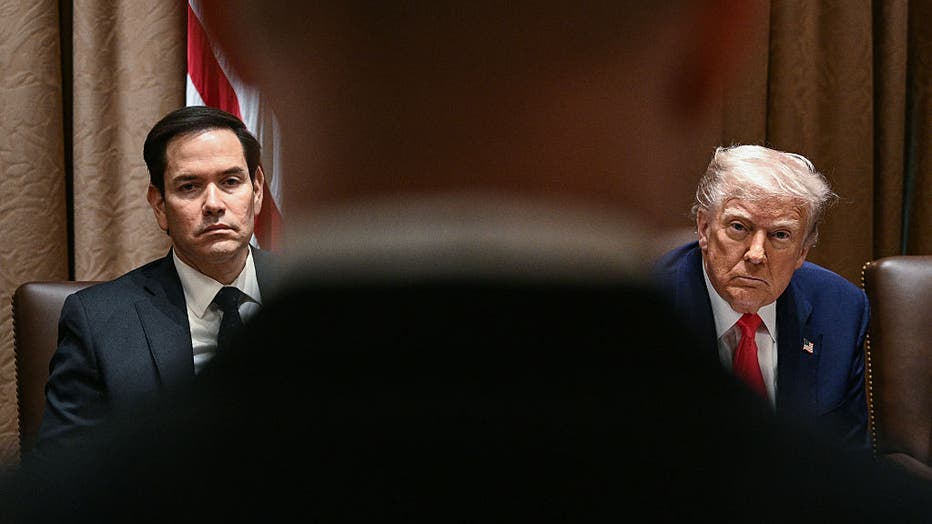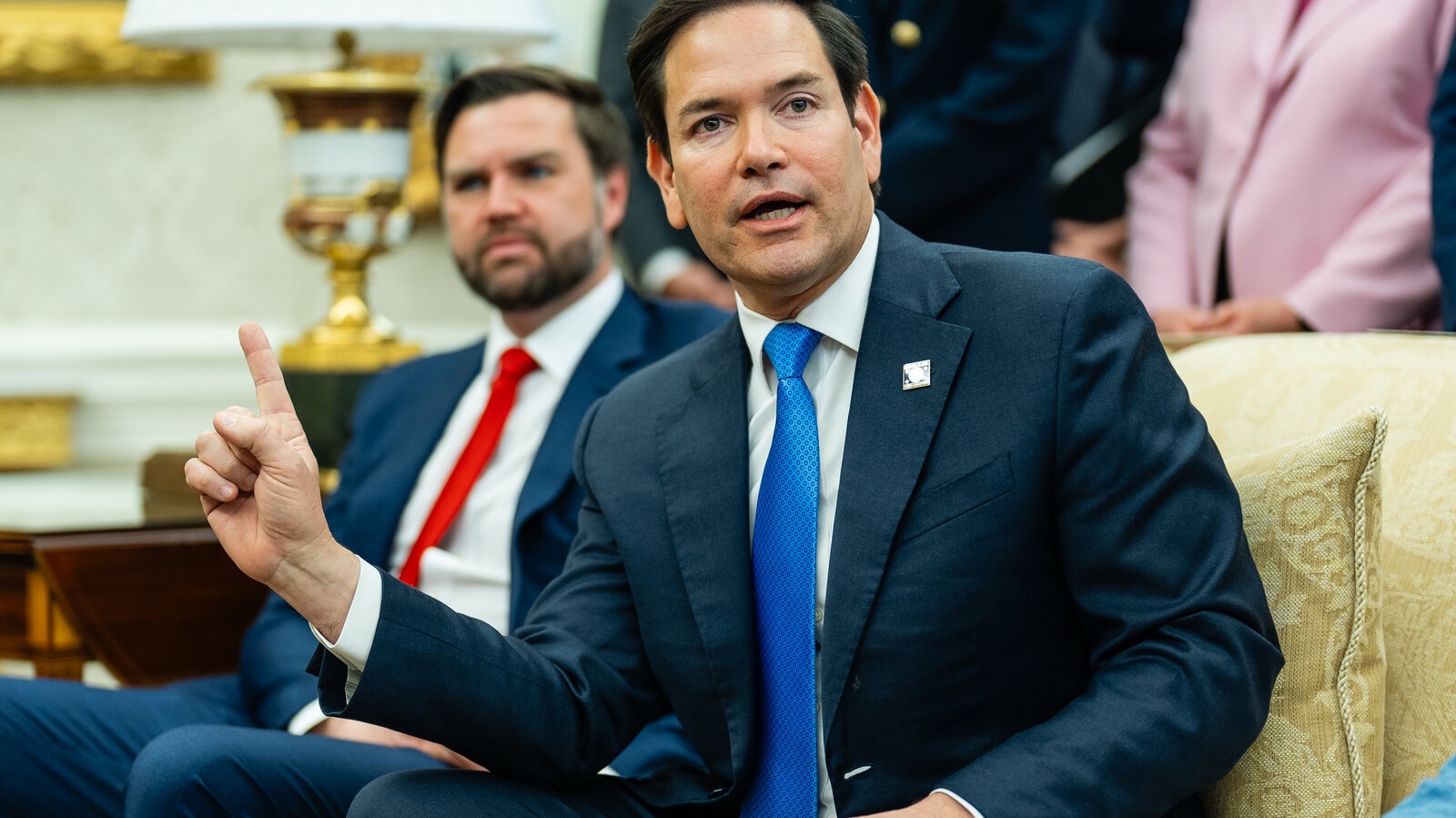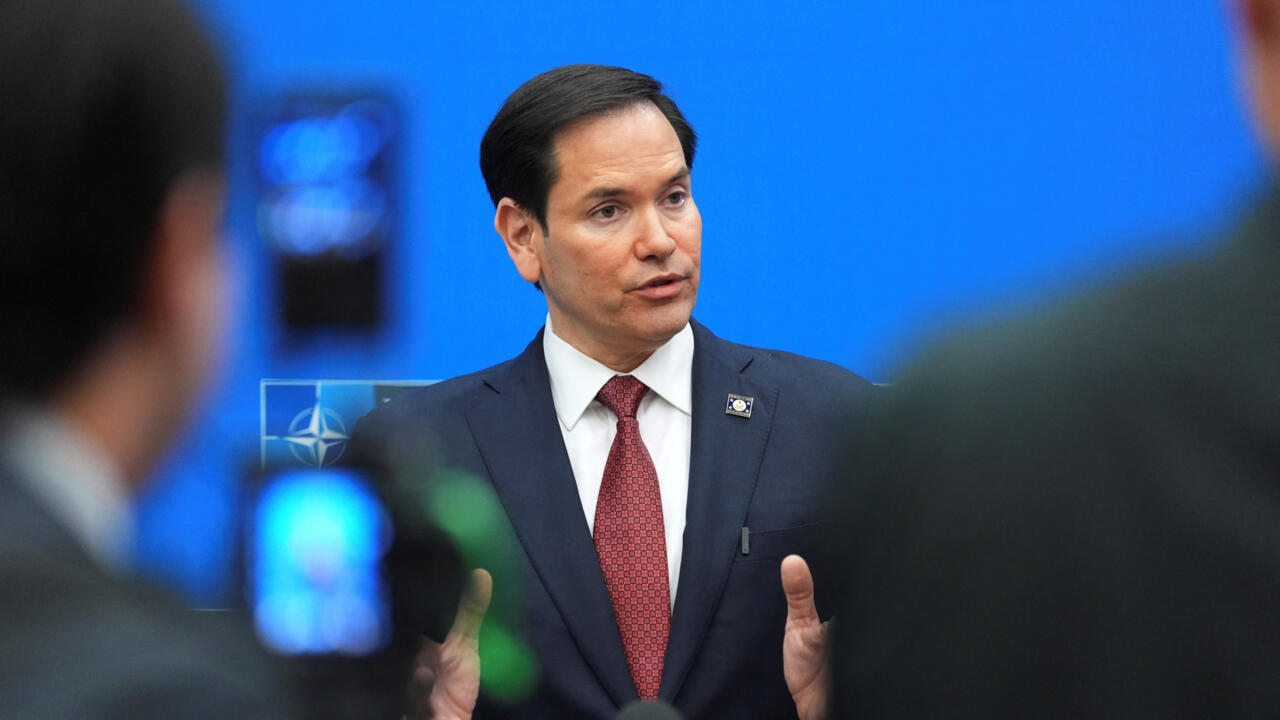The U.S. State Department has officially shut down a key office tasked with countering foreign disinformation efforts, including propaganda campaigns orchestrated by Russia. The move was announced by Secretary of State Marco Rubio, who cited concerns over the office’s alleged overreach and its impact on free speech.
The office, previously known as the Global Engagement Center (GEC), was originally established to combat disinformation from adversarial nations and support efforts to promote factual narratives abroad. For years, it played a central role in identifying and responding to disinformation campaigns that targeted U.S. interests, democratic institutions, and public discourse.
In announcing the closure, Rubio argued that the center had strayed from its mission, claiming it had become a vehicle for suppressing dissenting voices, including those within the United States. According to him, the office used taxpayer dollars to monitor and discredit opinions it deemed misaligned with official policy, especially in discussions surrounding the Russia-Ukraine conflict.
Rubio emphasized that shutting down the office was a move to restore trust in public institutions and uphold constitutional rights. “We cannot allow government agencies to become arbiters of truth or enforcers of speech,” he said.
Critics of the decision, however, have voiced concerns that dismantling the GEC could weaken the country’s ability to respond effectively to foreign influence campaigns. Some former officials argue that the office was one of the few tools the U.S. had to coordinate a strategic response to state-sponsored disinformation, particularly from Russia, China, and Iran.
Approximately 50 staffers and a portion of the GEC’s budget—estimated around $30 million—are being reassigned to a new office within the State Department’s Bureau of Global Public Affairs. It remains unclear whether this new unit will carry on the GEC’s mission or take a different approach.

The closure marks a significant shift in U.S. strategy at a time when disinformation remains a growing threat to democracies worldwide. As the 2026 midterm elections approach, questions are already being raised about how the government plans to protect the integrity of public discourse in an increasingly digital and polarized landscape.












